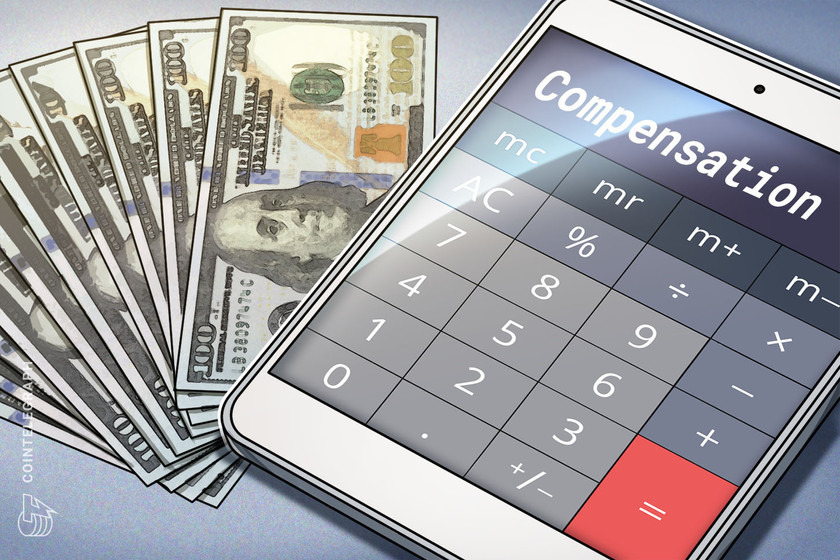US gov’t debt downgraded — Huge news for Bitcoin?
Cointelegraph analyst and writer Marcel Pechman explains why the downgrading of U.S. government debt will negatively impact the price of Bitcoin over the next few months.
109 Total views
1 Total shares
On this week’s episode of Macro Markets, Cointelegraph analyst and writer Marcel Pechman explores the United States debt downgrade by Fitch Ratings. According to Pechman, this change signaled diminished confidence in the U.S. government’s ability to handle its fiscal responsibilities.
The downgrade nudged investors into a cautious stance, leading many to move their money out of assets such as stocks, silver, oil and long-term bonds. Instead, they turned to cash and short-term instruments, which are perceived as safer options in uncertain times.
Interestingly, the cost of insuring U.S. sovereign debt against default — as indicated by credit default swaps — has largely remained stable post-downgrade. According to Pechman, a potential reason is that U.S. Treasurys are considered one of the safest investments globally because the U.S. government backs them.
Consequently, Bitcoin (BTC) is under pressure from the U.S. government’s debt downgrade. The initial flight to liquidity often overlooks the benefits of decentralized assets during early market turbulence.
Pechman believes that those models cannot calculate what happens to liquidity, or more specifically, the order book depth. For instance, what are the consequences if the U.S. government withholds the yield of its debt held by China?
Pechman also discusses the latest European Union bank stress test showing three institutions “falling short.” The European Banking Authority said the test included 70 banks, representing about 75% of banking assets in the EU.
Pechman explains that everyone knew how risky Credit Suisse and Silicon Valley Bank were, but no one expected the investors’ confidence in those institutions to erode so quickly. Consequently, it seems to be a matter of appearance, regardless of the liquidity conditions.
Macro Markets runs exclusively on the new Cointelegraph Markets & Research YouTube channel, so make sure to like and subscribe today!








